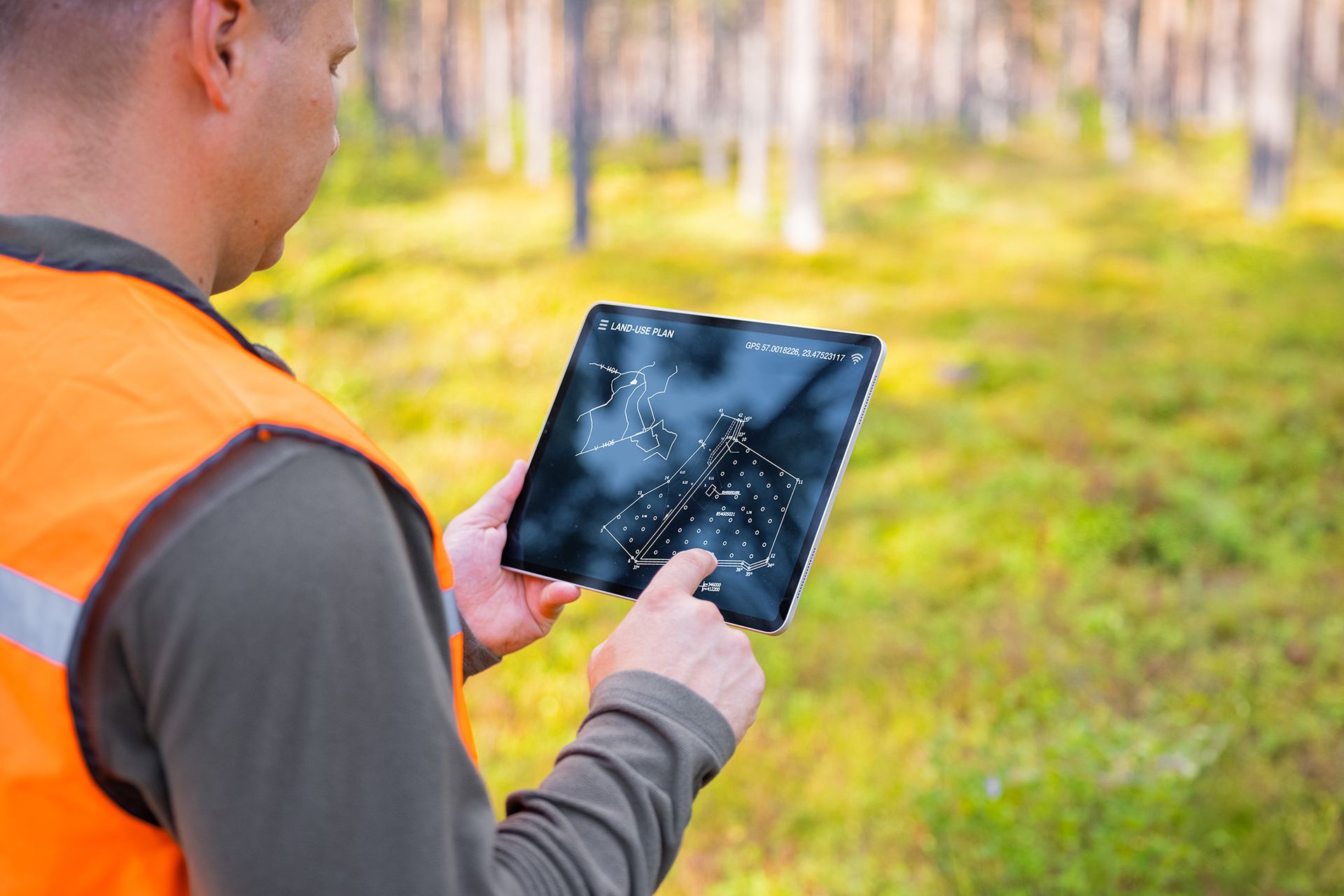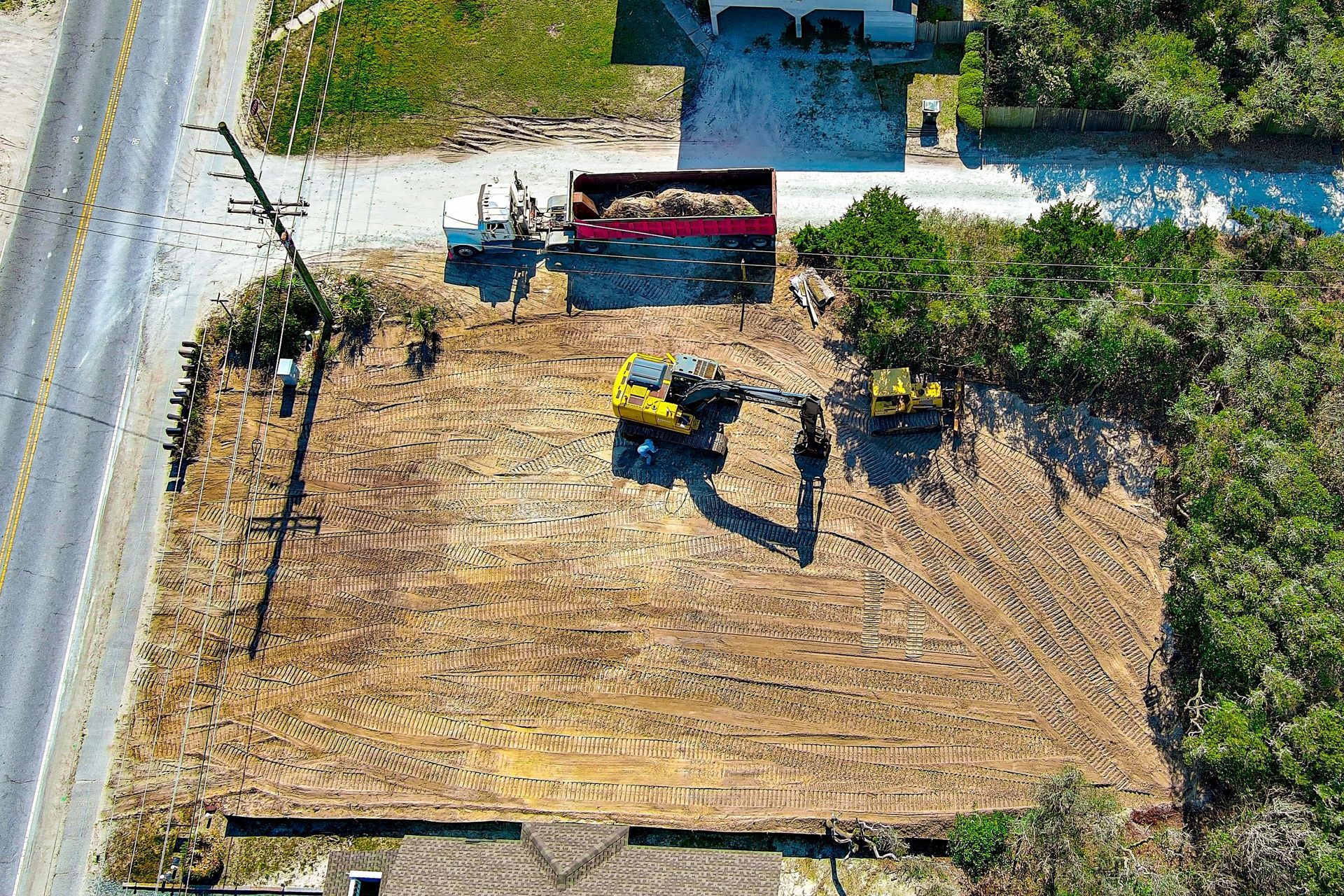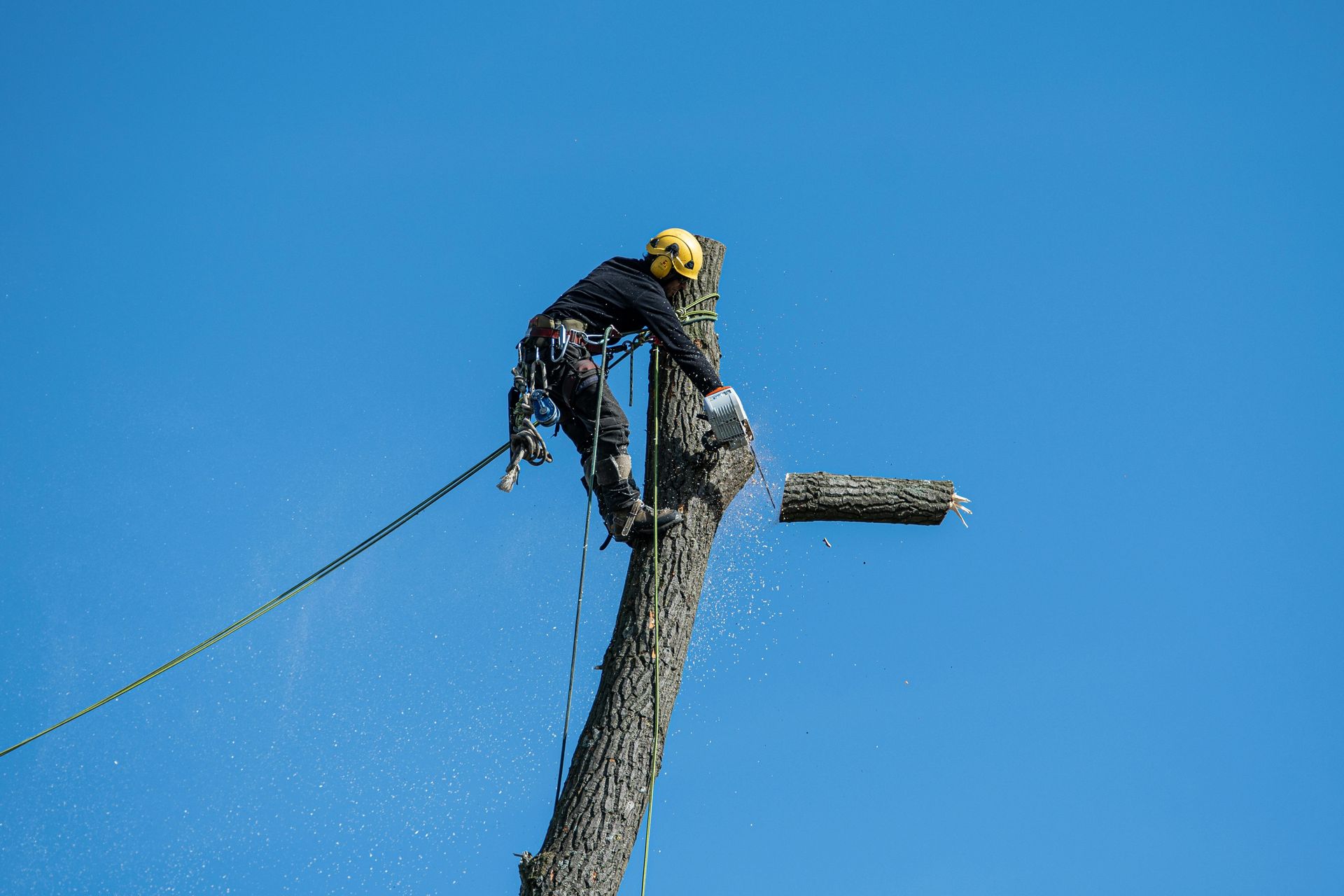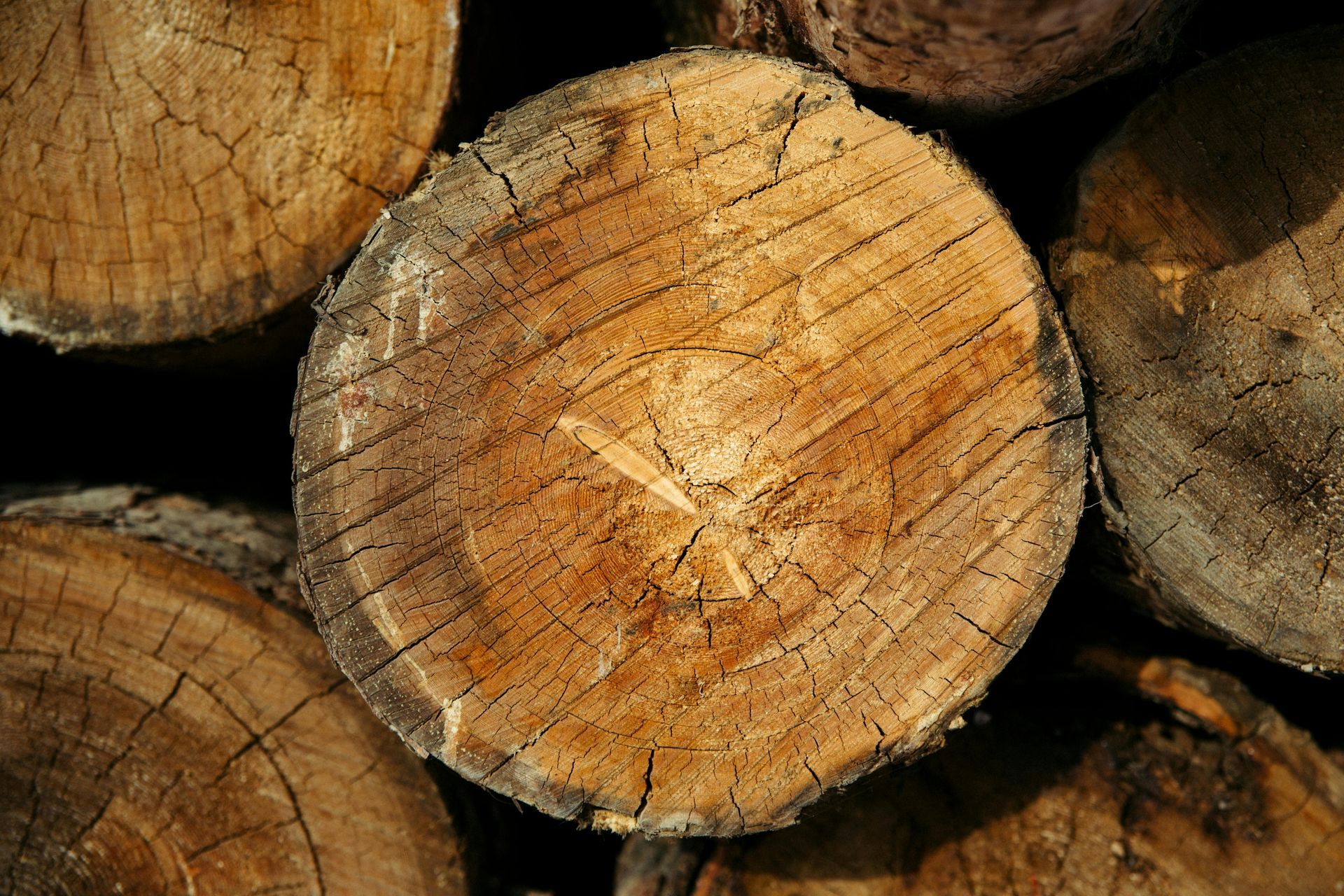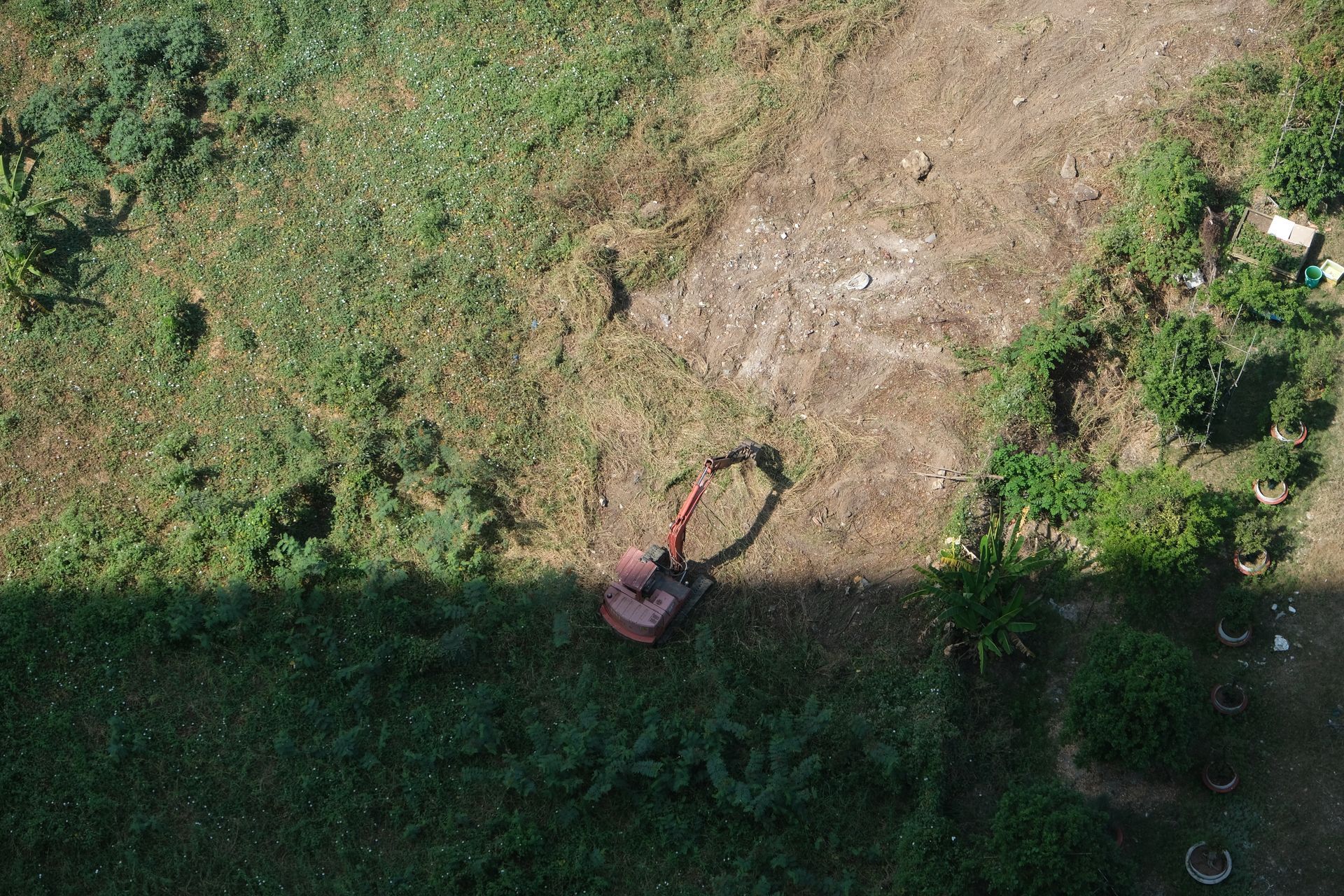How to Choose Tree Removal Services in Jacksonville
How to Choose Tree Removal Services in Jacksonville
Finding the right tree removal service in Jacksonville requires knowing what to look for in terms of safety, experience, and local expertise. The best tree removal companies understand Illinois weather patterns, local tree species, and proper removal techniques that protect your property.
What qualifications should tree removal services have?
Licensed and insured tree removal companies protect both you and their workers during the removal process. Look for services with proper liability insurance and workers' compensation coverage. Master Logger certification shows advanced training in safe tree removal techniques and equipment operation.
Professional tree removal services use specialized equipment like cranes, winches, and low-impact machinery to remove trees safely. They should provide clear estimates and explain their removal process before starting work. Tree removal services in Jacksonville from experienced companies ensure your property stays protected during the entire process.
How do you evaluate different tree removal companies?
Compare companies by asking about their experience with your specific tree types and removal challenges. Get detailed written estimates that include cleanup and debris removal. Check if they handle permits when needed and offer emergency removal services.
Ask about their equipment and removal methods. Companies with modern, well-maintained equipment can work more efficiently and safely. Look for services that explain their approach and timeline clearly.
What should you expect during the tree removal process?
Professional tree removal starts with a property assessment to identify potential hazards and plan the safest removal method. The team will mark utilities, protect landscaping, and set up safety barriers around the work area.
During removal, experienced crews use techniques like sectional removal for large trees near buildings or complete removal for open areas. They should clean up all debris and wood chips unless you request to keep the wood. Land management services in Jacksonville can help with larger projects involving multiple trees or site preparation.
How fall weather affects tree removal in Jacksonville
Jacksonville's fall season creates ideal conditions for tree removal projects. Cooler temperatures make the work safer for crews, and trees are entering dormancy which reduces stress on surrounding vegetation. Many homeowners schedule removal during fall to prepare for winter storms.
Fall removal also allows better visibility of tree structure without full foliage, helping professionals identify weak branches or structural problems. The ground is typically firmer in fall, allowing heavy equipment access without damaging lawns and landscaping.
Grade Timber brings years of experience serving Jacksonville and surrounding areas with safe, efficient tree removal solutions. Our Master Logger certification and professional equipment ensure your project is completed properly. Call (309) 264-0805 to discuss your tree removal needs with our knowledgeable team.





